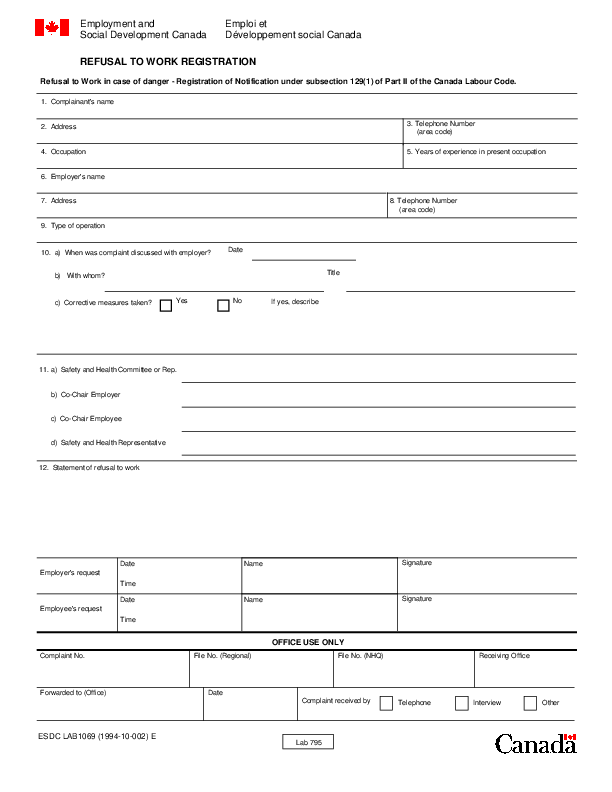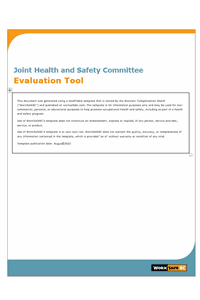
8 Simple Things to Improve Heart Health
Avoiding heart disease may be easier than you think
Protect your heart with these simple suggestions.
When it comes to heart health, professional drivers face an uphill battle. Being on the road continually and a lifestyle that often includes fast food, long hours of sitting, shift work, time pressures, and poor sleep are a recipe for heart disease. One study at the University of Waterloo found that male truck drivers were almost 1.5 times more likely to have heart problems than men in other jobs. Many drivers understand they are at risk, but making the necessary changes feels overwhelming.
It may seem easier to ignore the problem, but doing so can have serious—even fatal—consequences. Fortunately, a total lifestyle overhaul isn’t necessary. Small changes in day-to-day behaviour can add up to big health benefits. Your lifestyle is the net result of many minor habits you have taken on over years. You can turn it around by changing unhealthy habits a little at a time with these simple steps to improve your heart health.
1. Cut back on smoking. You already know you should quit, but it’s hard because smoking is a combination of habit and chemical addiction. As you begin to change the habit and gradually withdraw from the chemicals, you will feel more in control. According to the BC Lung Association, the “gradual reduction method” is proven to be successful in the long term. The association recommends trying this method with nicotine replacement therapy and behaviour modification or counselling. Ways to begin cutting back are to smoke only during odd or even hours of the day or to limit the number of cigarettes you buy. BC’s Smoking Cessation Program helps eligible residents with the cost of quitting aids. For more information, see the BC PharmaCare website.
2. Drink water. Most people need six to eight cups of water each day just to replace what they lose. Put a full water bottle in plain sight in your cab before each trip. Drink frequently so you empty the bottle by the end of your shift. Drink some water when you are thirsty, even if you plan to drink something else after. In restaurants, tank up on water before you drink anything else.
3. Eat more fruits and vegetables each day. Canada’s Food Guide recommends filling half your plate with vegetables and fruit at each meal. (On the rest of your plate, one-quarter should be lean protein and the other quarter whole grains.) Start by adding just one extra fruit and one more veg to your daily intake.
4. Add some good fat to your diet. Healthy fats come from plants or fatty fish (salmon, trout, tuna, sardines, mackerel, herring). Choose Omega-3 fatty acids (from fish, nuts, seeds) can reduce inflammation and lower blood pressure. Throw an avocado in your salad, have a tuna sandwich, or grab a quarter cup of nuts for an Omega-3 boast.
5. Take a calming break. Stress is hard on your heart and your mental health. You can’t eliminate stress from your life completely, but you can help your body cope with it. Just closing your eyes and breathing deeply for a few minutes increases the oxygen in the blood, improves mental clarity, relaxes muscles, and lowers blood pressure.
6. Stretch. A few minutes of easy stretching reduces stress, gets your blood flowing, and helps protect you from injuries. Download some yoga moves or simple stretches. Pick two or three to start and work up from there.
7. Create a bedtime ritual. Sleep is far more important than most of us realize and plays a key role in heart health. In fact, men who sleep seven or eight hours a night have about 60% less risk of a fatal heart attack than those who sleep five hours or fewer. Following a nightly routine is the basis for a good night’s sleep. Do something calming, like reading a book for 10 minutes or meditating, and try to do it each night just before bed.
8. Walk around your truck. Upping your physical activity level to gain the benefits of exercise doesn’t require a gym membership or fancy equipment—32 laps around a big rig equals about a mile (1.6 km). Ease into it by making a point of walking all the way around your truck before you get in the cab and each time you step down.
February is Heart Month; get in the game by committing to some or all of these simple suggestions right now.
For more information and resources on driver health and other topics, visit the Wellness page at SafetyDriven.ca.
Latest Resources
LAB 1069-Refusal to Work Registration
The Employer’s Investigation Report (LAB1069) is a required form under Part II of t ...
Joint Health and Safety Committee Evaluation Tool
This evaluation tool helps assess the effectiveness of a Joint Health and Safety Comm ...

